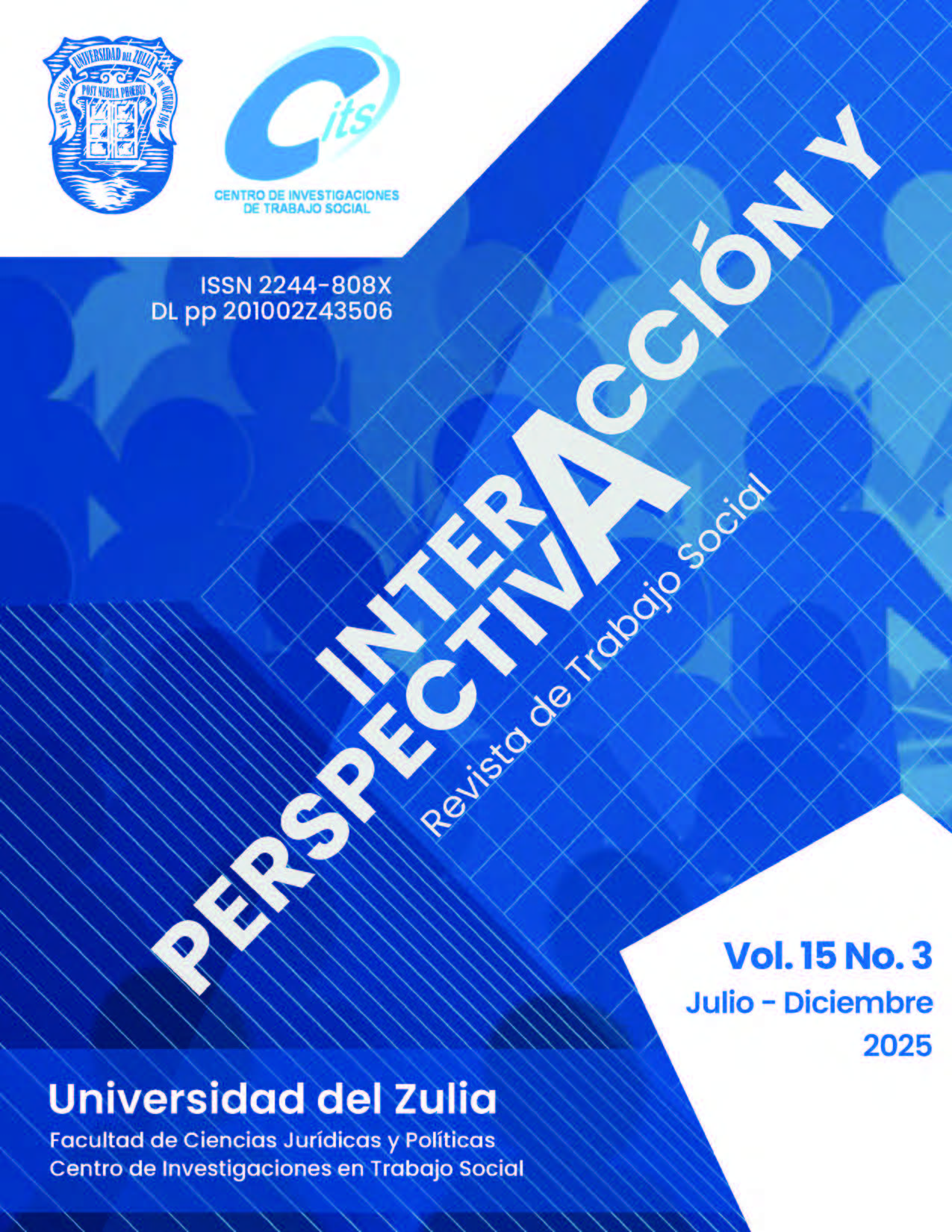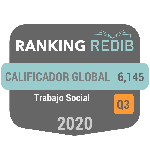Socio-economic factors shaping the motivation and professional growth of university faculty
Abstract
The purpose of this study was to examine the socio-economic factors influencing the motivation of university faculty in their professional activities. The study also analyzed mechanisms and strategies for enhancing faculty motivation, with a focus on improving their effectiveness, job satisfaction, and professional development. To collect and analyze data, the study employed an analytical approach, functional-structural analysis, comparative analysis, expert evaluation, and practical recommendation methods. Based on a review of literature and empirical data, the study identified key strategies for enhancing faculty motivation, including: ensuring a competitive salary aligned with qualifications and workload; introducing various forms of financial incentives such as publication bonuses, research grants, seniority-based pay, and accreditation-related bonuses; promoting non-monetary motivation through career advancement opportunities, official awards, access to professional development programs, and academic resources; fostering a supportive social environment through experience-sharing initiatives, university-funded research programs, and intra-institutional collaboration; improving working conditions by modernizing classrooms, laboratories, and providing comfortable rest areas; and implementing flexible employment models that allow faculty to balance teaching and research activities. The implementation of these measures is expected to enhance university competitiveness, reduce faculty turnover, and create favorable conditions for the professional growth of academic staff.
Downloads
References
Altamirano, M. (2024). US higher education in crisis: A study of leadership challenges in a post-pandemic world. In The Palgrave handbook of crisis leadership in higher education (pp. 625- 637). Cham: Springer Nature Switzerland.
Samborska, O., Savchuk, P. (2023). The Experience of Implementation of Elements of Dual Education in the Students’ Pedagogical Practice of the Institution of Vocational Higher Education. Problems of Education. 262-279. https://doi.org/10.52256/2710-3986.1-98.2023.17.
Rubia, J., Niere, Marvin Ian, Jortil, M. (2023). Transformational Leadership and Organizational Commitment of Selected Higher Education Institutions in Zamboanga Peninsula. Sprin Journal of Arts, Humanities and Social Sciences. 2. 19-30. 10.55559/sjahss.v2i06.116.
Urdabayev, M., Ainakul, N., Sabdenaliyev, B. (2024). Modernization of the Motivation Systems in Higher Education: Challenges and Digital Solutions. Eurasian Journal of Economic and Business Studies. 68. 111-126. https://doi.org/10.47703/ejebs.v68i3.431.
Nzimande, Sindisiwe & Qwatekana, Zikho & Ndlovu, Thulile & Sithole, Nothando. (2023). Unravelling the link between academic staff tenure and motivation: Extended curriculum programme dilemma for staff retention. Journal of Management & Administration, 17(1), 1-18. https://doi.org/3.1-18.10.5281/zenodo.10036866.
Samko, Alla (2023). Analysis of the theoretical foundations of the self-educational activity of research and teaching staff of higher education institutions. Bulletin of Luhansk Taras Shevchenko National University. 7-14. https://doi.org/10.12958/2227-2844-2023-5(359)-7-14.
Tiwari, Puja & Chatterjee, Satakshi (2021). The effect of motivation on the individual productivity level of the teaching staff in private higher education institutions of west Bengal, India: a study. Towards Excellence, 13(3). 478-488. https://doi.org/10.37867/TE130340.
Venkatesh, A. N., Krishna, S. H., Banu, S. R., Elamparuthi, D., Sharief, S., Bethapudi, A. (2023). Impact Of Job Enrichment on Work Motivation of Non-Teaching Staff in Private Higher Education Institutions of Punjab. European Economic Letters (EEL), 13(4), 187–197. Retrieved from https://www.eelet.org.uk/index.php/journal/article/view/559
Kerry, P., Amoozegar, A., Ardebilpour, M. (2023). Exploring the influence of knowledge sharing motivation and management support on knowledge sharing intention among academic staffs in Nigerian higher education institutions. Seybold Report. 18. 936-947. https://doi.org/10.17605/OSF.IO/BDWQK.
Tabachuk, V. (2022). Main determinants of the motivation of staff of higher education institutions in modern conditions. Actual Problems of Economics. 1. 81-91. https://doi.org/10.32752/1993-6788-2022-1-254-81-91.
Okaka, Wilson (2024). Communicating Higher Education Institutions (HEIs) Human Resource Management Effectiveness of Staff Motivation for Institutional Security. 9TH international interdisciplinary conference 6th- 8th NOV, 2024

















